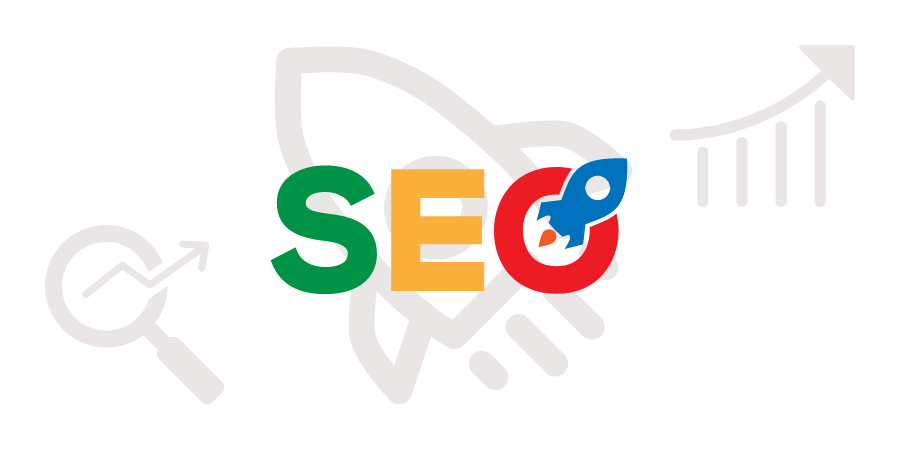The Rise of Quantum Computing: A Glimpse Into the Future of Technology
Technology has a way of evolving at breakneck speed, from the bulky computers of the 20th century to today’s sleek smartphones, and now, to something far more groundbreaking: quantum computing. While quantum computing might sound like science fiction, it’s a rapidly advancing field poised to reshape industries and even redefine what’s possible in computing.
What Is Quantum Computing?
Classical computers, like the one you’re using to read this, operate on bits, which represent data as binary values — either a 0 or a 1. Quantum computers, however, use quantum bits, or qubits, which can exist as both 0 and 1 simultaneously, thanks to a principle called superposition. This seemingly paradoxical state allows quantum computers to process complex calculations at a much faster rate than traditional computers. Another key concept is entanglement, which lets qubits that are physically separated still interact as if they were connected, exponentially increasing computing power.
Why Does Quantum Computing Matter?
Quantum computing isn't just about faster processing — it's about solving problems that were previously intractable. For example, quantum computing could transform fields like cryptography, artificial intelligence, drug discovery, and climate modeling. Here are some real-world implications:
-
Cryptography and Cybersecurity: Quantum computers could potentially break modern encryption methods, which are fundamental to secure internet transactions, by solving complex mathematical problems in seconds that would take classical computers millennia. This isn’t necessarily a doomsday scenario, though, as researchers are working on quantum-resistant encryption methods.
-
Drug Discovery and Healthcare: Traditional drug discovery is a painstaking, often trial-and-error process. Quantum computers can model molecular interactions at an atomic level, dramatically speeding up drug discovery. This could lead to treatments for diseases like Alzheimer’s or cancer that are currently challenging to cure or manage.
-
Artificial Intelligence and Machine Learning: Quantum computing could make machine learning algorithms faster and more efficient. By performing calculations simultaneously, a quantum computer could train models in seconds rather than days. This speed would revolutionize industries reliant on AI, from finance and healthcare to autonomous vehicles and robotics.
-
Climate Modeling and Sustainability: Climate change is one of the most pressing issues of our time, but modeling climate patterns with classical computers is challenging due to the sheer number of variables involved. Quantum computing can analyze complex systems like weather patterns, enabling scientists to make better predictions and, perhaps, identify effective ways to mitigate climate change.
The Challenges of Quantum Computing
Despite the promise, quantum computing faces several hurdles. For one, qubits are incredibly delicate and can be affected by their environment, leading to decoherence, which disrupts calculations. Scientists are working on error-correcting codes and more stable materials to mitigate this, but it’s an ongoing challenge.
Another hurdle is scalability. While researchers have successfully built small quantum computers, creating a system with enough qubits to tackle large-scale problems remains difficult and expensive.
Quantum Computing: The Road Ahead
Tech giants like IBM, Google, and Microsoft are already investing heavily in quantum computing research, and there are even cloud-based quantum services, such as IBM’s Q Experience, where anyone can experiment with quantum algorithms. Startups like Rigetti and D-Wave are also making waves, providing quantum processors to researchers and businesses.
For now, the field remains in its infancy. While quantum computers aren’t yet poised to replace classical computers, they may work alongside them, tackling specialized tasks while classical computers handle everyday calculations. As more breakthroughs come to light, quantum computing could become one of the defining technologies of the 21st century, opening doors we once thought were sealed shut.
Final Thoughts
Quantum computing might sound like magic, but it’s grounded in the principles of quantum mechanics that govern the universe. While the technology still has a way to go, the potential for disruption is immense. In the coming years, we may witness quantum computers solving complex problems, giving rise to new industries, and solving challenges we once thought unsolvable. The quantum revolution is coming — and it may be closer than we think.



